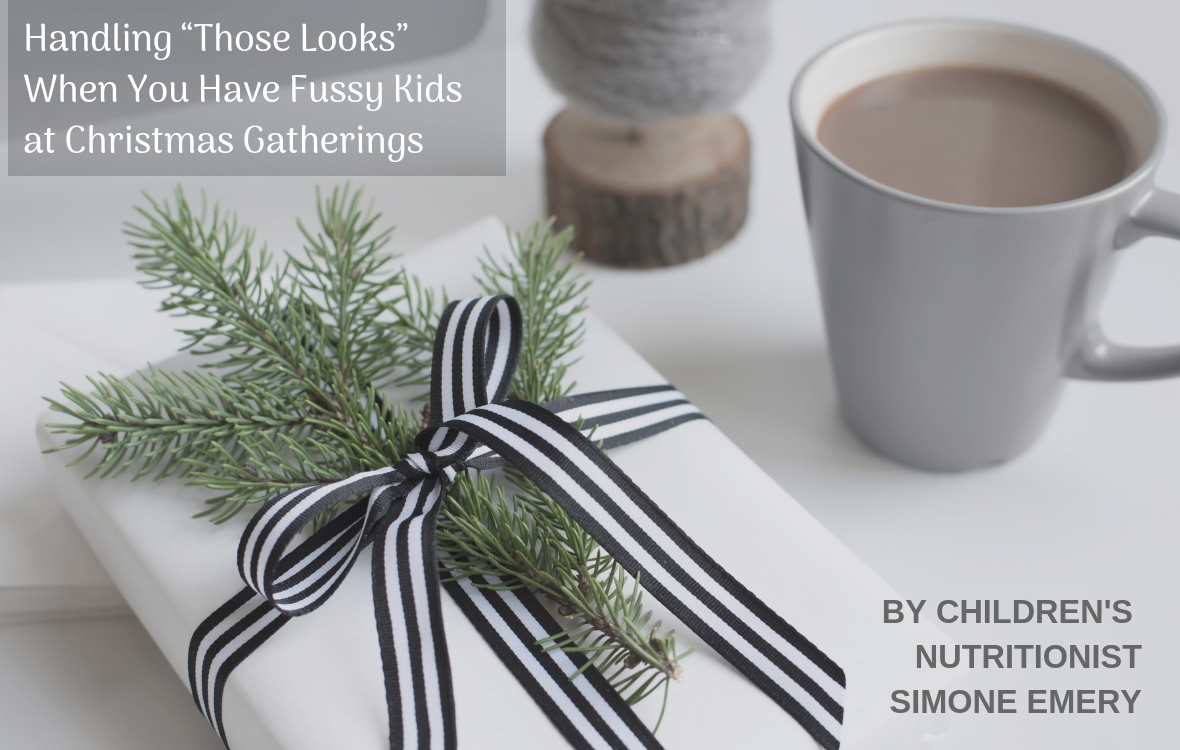When I started to write this article, I thought it would be easy. Write an article about why saying I love you to children is so important. As a psychologist who works with children and adolescents, and a mum this should have been a piece of cake. Truth is, it isn’t. I’ve been procrastinating on this article for two weeks. I would tell myself it was because the article would be so easy. The real reason was because I didn’t know what to write.
Then it hit me…I’m struggling to write this because saying I love you to kids isn’t actually about the words (although they are important and should be thrown about liberally), it’s about behaviour.
I sat for a while and reflected on my professional life. See, I work with children and young people in lots of different ways. Sometimes they come to the clinic, sometimes I go to them or to their school, sometimes I work with agencies under the care of child protection in foster and residential settings. These kids particularly, don’t know a lot about love as something tangible or consistent in their lives generally so I don’t use words with them. I’ve learned in all my years of working in the mental health space that I need to use my behaviour.
Behaviour is language, especially with children. It’s our job to be good interpreters. It’s up to us to speak in their language.
One of the ways to show love with children and young people is one of the simplest things you can do: Share Space. So often and particularly with Teenagers, we want them to come and spend time with us, doing activities we enjoy, and when we want them to. Kids don’t want to do what we want to do. Remember when you were a teenager? Adults were boring then and we’re boring now. Meet them where they are at. If you teenager hangs out in their room all the time, maybe you could join them and just hang out? Lots of us struggle with communicating with our teenagers particularly and all I can say is don’t force it. There are few things more comforting than being able to comfortably share space with someone who loves you.
Another way to show love to children and young people is to be inclusive. So often, as adults were incredibly busy doing everything, we need to do to make everyone’s life run smoothly that we forget to really engage with the people around us. Being inclusive with kids can look like asking real questions about their lives. I never ask “how was school today”. With my little one I ask “who did you play with at recess?” or “did Mr Smith read any good stories to the class today?”. With my teenager I ask things like “did you have Miss Brown today?” or “did you get to hang out with John at lunch today?” Being inclusive also asks things of them too. When was the last time you asked your child’s opinion on something? When we seek someone’s opinion it shows that we value their thoughts and feel that what they have to say is important.
How do you feel when someone comes to you for your opinion? We love it! Kids do too.
When it does come to the words “I love you” it’s also ok to branch out of those three little words. I talk to the children and young people I work with, my nieces and nephews, my friend’s kids and my own kids about things they do, their actions and traits. For example, I’ll say “I love your sense of humour” or “I love the way you’re so patient, even when something is hard.”
When children feel safe, they feel loved and have secure attachments to the people who care for them they can thrive. When we feel love and a sense of belonging it can reduce stress anxiety, depression, eating and sleeping dysregulation.
Just like other emotions, love is more than just words. We know this in our romantic relationships, but have you ever thought about it with kids? We say the words but need to make sure the behaviour backs it up.
Behaviour is language, especially with children. It’s our job to be good interpreters.









